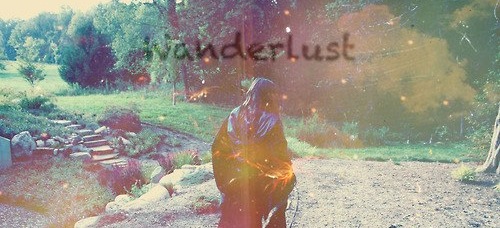 Frankenstein by Mary Shelley
Frankenstein by Mary ShelleySeries: None
Published: 1818
Publisher: Almost Any Now-A-Days
Number of Pages: 210

'I saw the pale student of unhallowed arts kneeling beside the thing he had put together. I saw the hideous phantasm of a man stretched out, and then, on the working of some powerful engine, show signs of life and stir with an uneasy, half-vital motion.' A summer evening's ghost stories, lonely insomnia in a moonlit Alpine's room, and a runaway imagination -- fired by philosophical discussions with Lord Byron and Percy Bysshe Shelley about science, galvanism, and the origins of life -- conspired to produce for Mary Shelley this haunting night specter. By morning, it had become the germ of her Romantic masterpiece, "Frankenstein." Written in 1816 when she was only 19, Mary Shelley's novel of 'The Modern Prometheus' chillingly dramatized the dangerous potential of life begotten upon a laboratory table. A frightening creation myth for our own time, "Frankenstein" remains one of the greatest horror stories ever written and is an undisputed classic of its kind.What I’ve learned from Reading Frankenstein:
1) The big green monster isn’t Frankenstein
2) The doctor is, and it’s his last name (first name Victor)
3) The big green monster isn’t actually green...
4) Doctor Frankenstein doesn’t have an sexy assistant (or any assistant at all)
5) Monster can actually talk (at least, he learns)
6) Benedict Cumberbatch and Johnny Lee Miller aren’t real characters in the story
That said, go read this book, if not to enjoy a supreme masterpiece on the human psyche and creativity, to destroy the stereotypes society has ingrained in our minds about Frankenstein. Because really, The Young Frankenstein was born out of extreme creative license.
Of course, the most interesting part of the book is the psychological journey of playing God. And the psychological journey of not being created by God…or was he? Victor and the monster are both interesting studies because you never quite know what moral boundaries they can or can’t cross. If the monster isn’t a creature of God, do his actions have any consequences for him? And if he is, then what does it mean to be rejected by society? As for Victor, what happens when the imagination uses science to achieve the impossible? Does his Godly act suffer because he is man, or does he, in some sense, succeed? It’s definitely a book that left my mind reeling, and in some cases, even after a month of thinking about it, I’m still not sure what to believe.
I do think, though, that I can’t simply say which character I sympathized with more. Some people think the monster more gruesome than Victor or vice versa, but I think that the two are inexplicably connected, a consequence of the creative action, perhaps. While I generally dislike both characters, and could hit them over the head for the decisions they made, I won’t judge one more than the other.
For those worried about reading this book because the two main characters are despicable, don’t. Because they are never entirely despicable, and it’s their redeeming moments that turn the mind for a lope. I’d definitely talk to someone (or a couple of people) after finishing this book because it’s the kind of thing where everyone seems to have different opinions. That alone should show you that there’s a little something for everyone in it.
I’d recommend it to most people, considering it’s a short classic, that reads fast considering it was written in the 19th century.

No comments:
Post a Comment